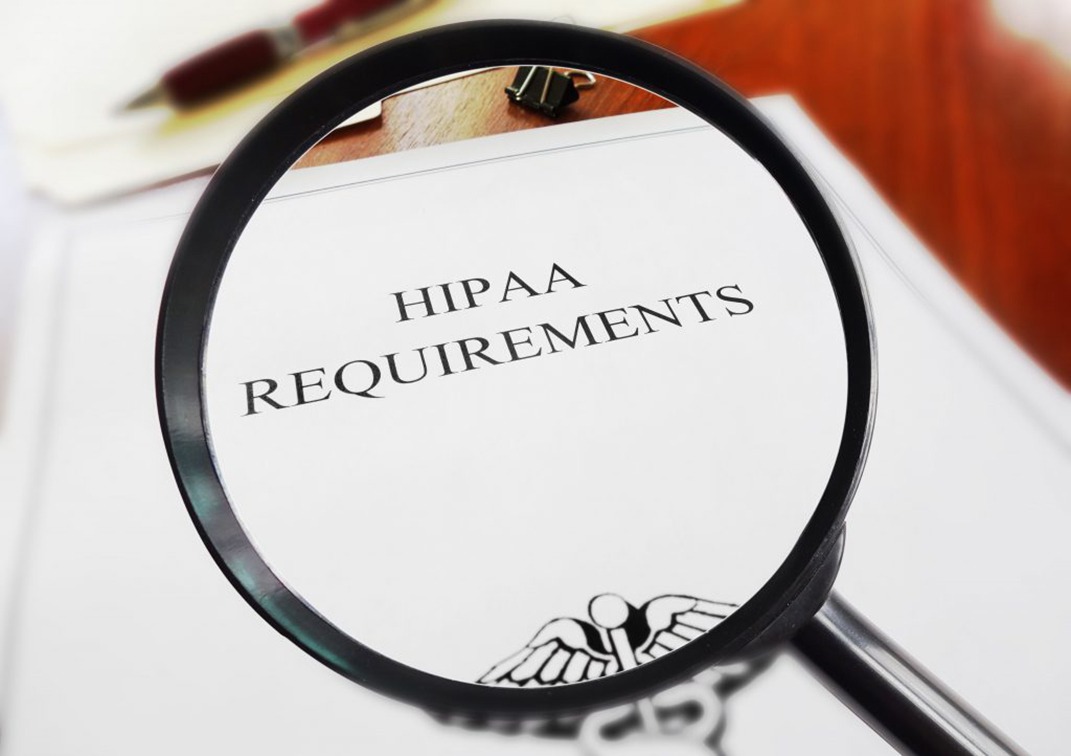The federal government is proposing significant changes to the regulations governing health care records that could affect you as a consumer, health care professional, or other professional that assists or represents health care providers or entities. The proposed changes fall into two main categories: (1) changes to increase patients’ access to records and information, which modify and add requirements for providers; (2) amendments to facilitate the sharing of information and records among multiple providers for the same individual to improve care and reduce providers’ risk and liability for doing so. You have until May 6, 2021 to submit comments on the proposed changes.
On January 21, 2021, The United States Department of Health and Human Services (“HHS”) issued a Notice of Proposed Rulemaking to modify Privacy Rule under the Health Insurance Portability and Accountability Act of 1996 (HIPAA) and the Health Information Technology for Economic and Clinical Health Act of 2009 (HITECH Act). The Notice of Proposed Rulemaking outlines several potential and important changes for covered entities that will have practical implications in their day-to-day operations. The idea behind the changes is to address what the HHS calls “unnecessary burdens” that may impede care coordination and case management communications among individuals and covered entities (including hospitals, physicians, and other health care providers, payors, and insurers), while still protecting the privacy and security of a patient’s protected health information (“PHI”). [1]


